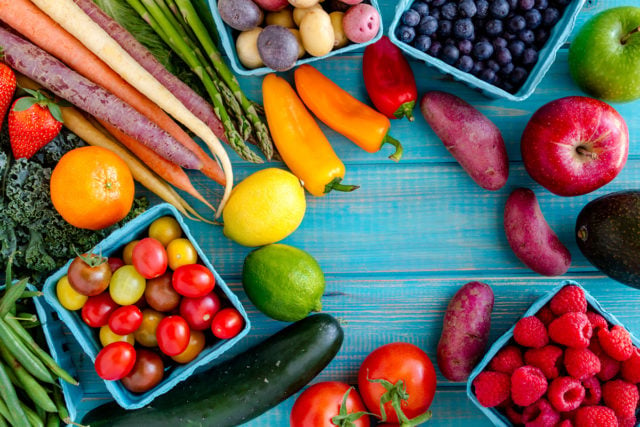Have you ever found yourself staring at the weighing scale in astonishment because you seemed to have gained weight when you thought you were making all the right choices? We’ve all been there too!
Losing weight is hard in the modern world, thanks to sedentary lifestyles and over-processed foods. But then even when you actively try to lose weight by making what you think are the right choices, it seems to backfire on you! That’s because of all the misinformation and misconceptions that are around you every day.
That’s why we’ve compiled a list of the most common mistakes you may be making with your meals that are making you gain weight. Keep reading to find out what these are!
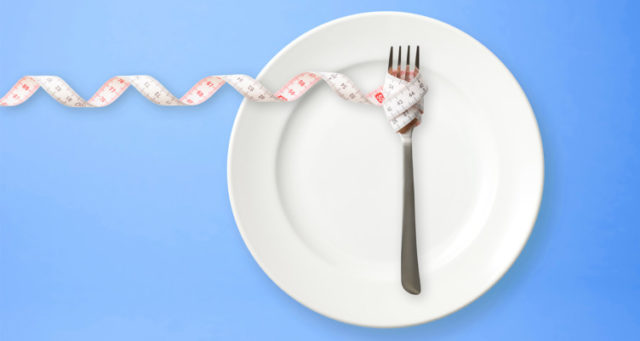
1. Not Thinking About the Type of Calories
You probably already know that in order to lose weight, you need to restrict the number of calories you consume. But you may not have thought about what those calories actually mean. For instance, eating the same amount of vegetables in calories as a cheeseburger is not the same thing. One is good for you while the other is not (take a wild guess at which one’s which).
Both of these foods have different effects on you because your body releases insulin based on the type of calories you consume rather than the amount of them. That’s why you feel lethargic after eating unhealthy food when compared to healthy food. All calories are not equal!
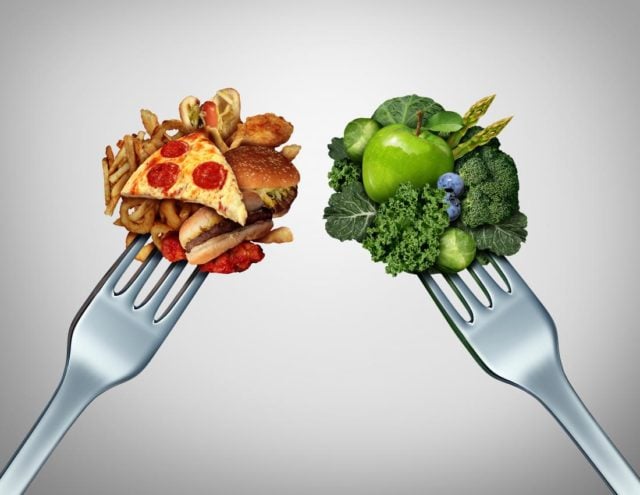
2. Eating Low-Fat or Diet Foods
When you’ve made the decision to lose weight, you might find yourself reaching for the foods labeled “low-fat” or “diet” at the grocery store. Stop! Most of these so-called “healthier options” are not what they seem. They are pumped full of additives, chemicals and sugar to make up for the loss in taste. They are also devoid of the natural nutrients present in food, which means you’ll feel hungrier sooner.
Instead of these, the best things for you to be eating are fresh, whole foods that are minimally processed. Eat lots of fresh fruits and vegetables as well as whole grains, nuts, etc.
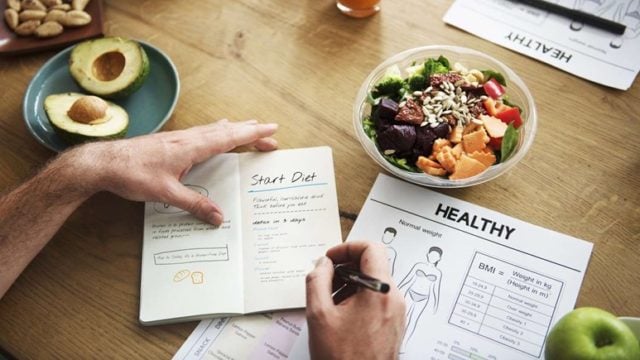
3. Not Giving Protein Enough Importance
One of the most important aspects of a weight loss diet has to be protein. Protein is key in increasing metabolism, which is one of the best ways to lose weight fast. It also helps reduce hunger pangs by keeping you feeling full for longer.
Furthermore, a high protein diet will also help stimulate the production of several weight-regulating hormones and protect muscle mass through your weight loss journey. In fact, according to a study, a measly 0.6 grams of protein per lb may improve the body’s composition and help control hunger.
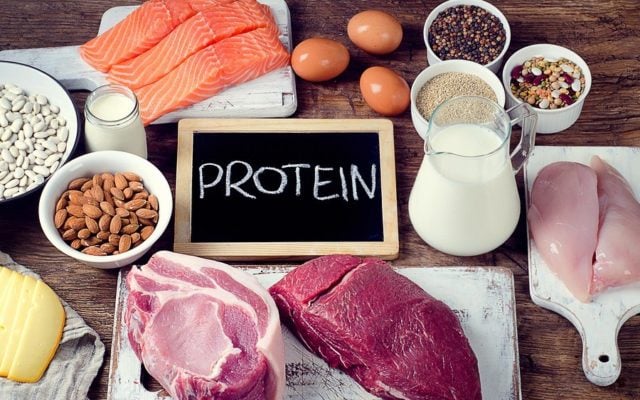
4. Inadequate Fiber Intake
Fiber is another very important part of a weight loss diet. Not only does eating enough fiber keep you feeling full for longer, but it also makes the body absorb fewer calories from other foods you eat. According to researchers, doubling up on your daily intake of fiber can result in a reduction of up to 130 calories absorbed into your body!
Adding more fiber into your diet is not that hard when you make conscious food choices. For instance, swap that loaf of white sandwich bread for some delicious whole grain bread.
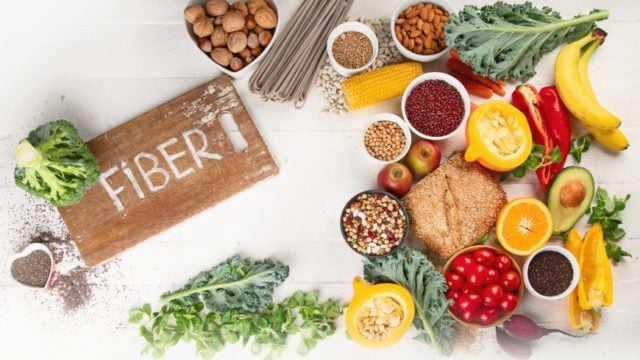
5. Eating Even When You’re Not Hungry
One of the most common pieces of advice you hear from people about weight loss is to eat smaller portions of food throughout the day instead of eating 3 full meals. In fact, this does not help at all! When you’re trying to lose weight, it’s important to eat only when you’re hungry.
Even if you are eating less per meal, the total number of calories can add up! Not having full meals may even end up making you feel hungry several times a day, leading to an increase in the total calories you consume.
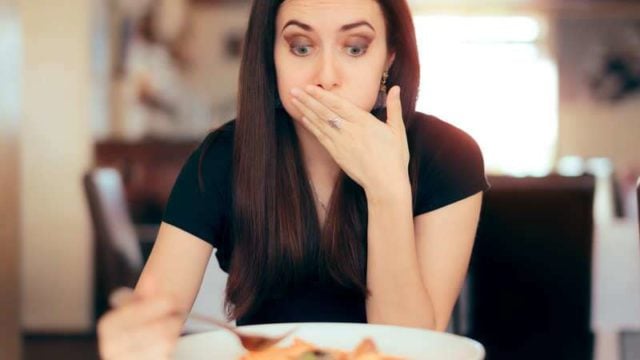
6. Believing That You HAVE to Eat Breakfast
You may have often heard you should never skip breakfast, so you may be forcing yourself to eat every morning. But this is not the right choice for everyone. As we already said, you should only eat when you’re hungry. Pro-breakfast advocates say that you will eat less during lunch after a full meal in the morning.
While studies do prove that this is true, they also say that eating breakfast and lunch will result in a higher amount of total calories consumed than if you eat a bigger lunch. They found that people who did not eat breakfast had consumed an average of up to 408 fewer calories overall!

7. Drinking Packaged Fruit Juice
You probably made the resolution to stop drinking soft drinks, energy drinks, and other sweetened beverages when you decided to start losing weight. But did you also banish packaged fruit juices? If the answer to that is “no”, you won’t be able to lose weight no matter how hard you try!
The package may say “100% fruit juice”, but did you know that there’s enough sugar in it to put soda to shame? In fact, 12 ounces of unsweetened fruit juice can contain up to 36 grams of sugar – more sugar than there is in the same amount of soda!
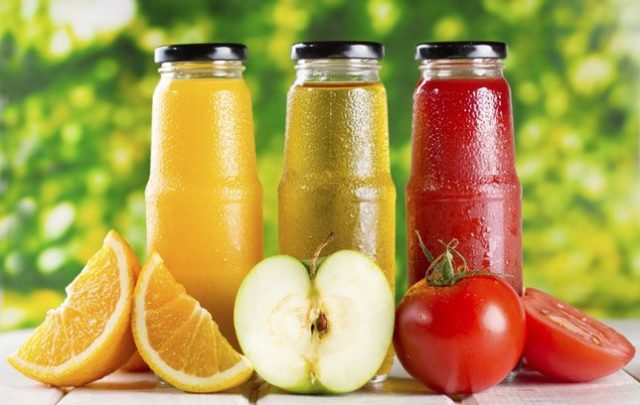
8. Not Eating Whole Foods
Several studies have confirmed the negative effect of processed foods on your body. They are your worst enemy when it comes to losing weight. Research also says that processed foods are a major player in the current obesity epidemic.
So, one of the best things you can do in order to lose weight is to swear off of processed foods. Instead, choose whole, single-ingredient foods. Whole foods are not only nutritious, beneficial to your health, and tasty, they are also self-limiting, which means you naturally won’t be able to eat them in excess.
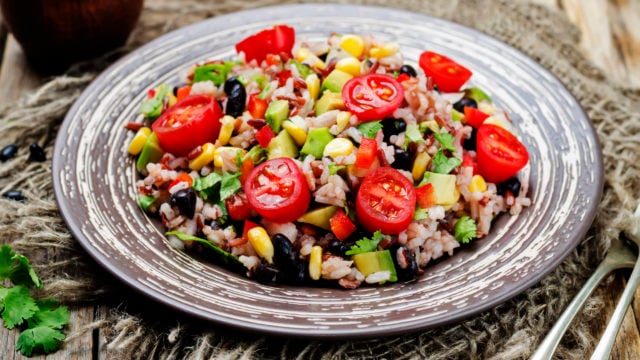
9. Not Eating Enough Fresh Fruits & Vegetables
A good weight loss diet is one that includes plenty of fresh vegetables and fruits. Fruits are nature’s candy, so why won’t you take advantage of them! Not only do fresh fruits and veggies make for delicious meals that keep you full, but you also get a whole range of nutritious benefits from them.
Another good tip is to shop for fresh foods in limited quantities. Don’t stock your fridge up with more than you can eat as this can encourage overeating. Only buy enough that you know you can finish eating while they are still fresh.
